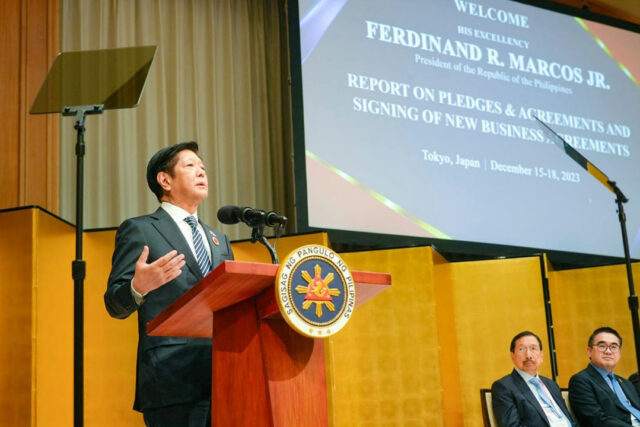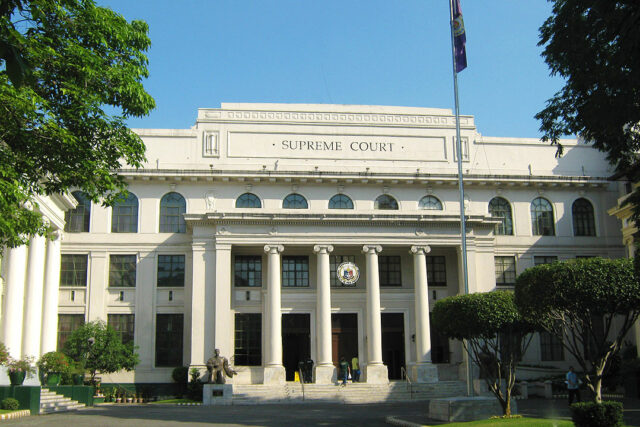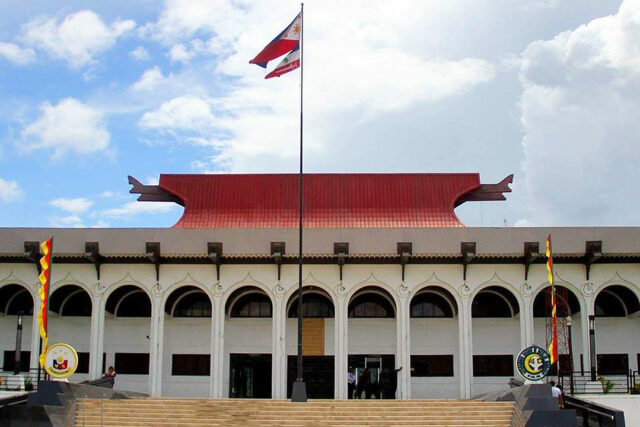Democracy and climate politics are set to collide next year
AS THE DUST settles on the COP28 climate summit that concluded last week in Dubai, a sobering reality is looming. After the legalistic niceties of environmental diplomacy, the dirtier business of political maneuvering is going to consume the world’s democracies over the next 12 months. In 2024, climate will be on the ballot in a way we’ve rarely seen.
Voters in countries representing more than 40% of the world’s population — and roughly the same share of emissions — will go to the polls between now and the end of next year. In places, that offers the prospect to break gridlocks on climate and energy policies. In others, it may offer an opportunity for a climate-denying backlash. Far too few places show a decent chance of accelerating the transition to clean energy in the way advocated by the COP28 agreement. Here’s a review of some of the key events.
COAL AND THE POLLS
Two of the world’s three biggest democracies face elections in the first half of 2024, but neither offers a strong prospect of change. India and Indonesia have made positive noises lately about switching to clean power. Prime Minister Narendra Modi of India has promised 500 gigawatts of renewables by 2030 and President Joko Widodo in Indonesia has signed up for a $20-billion deal to retire the nation’s coal generators early.
In each case, however, coal’s deep political, economic and social roots have stymied efforts at reform. Elections aren’t likely to change that dynamic: Modi is well ahead in the polls, while the frontrunner in Jakarta, Prabowo Subianto, is essentially a continuity candidate who’s picked Widodo’s son as his running mate.
EMERGING CLIMATE LEADERS
Prospects are moderately better in two other leading emerging markets equally wedded to fossil fuels: Mexico and South Africa. In the former, poll-leading Claudia Sheinbaum, a protégé of current President Andrés Manuel López Obrador, is a former climate scientist who’s contributed to reports from the Intergovernmental Panel on Climate Change. It remains unclear, however, whether that background will lead to a switch from López Obrador’s policies, which have favored state oil company Pemex and a growing dependence on gas imported from the US.
In South Africa, the ruling African National Congress faces the first prospect of losing since democratic elections began in 1994. In energy terms, that would almost certainly be good news. The opposition Democratic Alliance’s support of private and solar generation, in contrast to the ANC’s death pact with the corruption-riddled, financially incontinent Eskom Holdings SOC Ltd., offers the best prospect for the country to emerge from its current cycle of power cuts and pollution.
POLLUTING AUTHORITARIANS
Next is a group of nations where the prospects of real democratic elections seem remote. In Bangladesh and Pakistan, incumbent governments have favored energy policies wedded to imported natural gas. The ripples of Russia’s invasion of Ukraine have pushed LNG prices out of reach, leading to power cuts, savage increases in electricity bills, and often violent protests.
Jailed opposition leaders in each country have offered the promise of more balanced, cleaner energy policies, but the electoral system remains heavily weighted against them. Elections of sorts will also be held in two of the world’s biggest historic oil exporters — Russia and Venezuela — though the chances of real change in either country seem remote in the extreme.
CROUCHING TIGERS
In Taiwan, polls appear to be tightening between the incumbent center-left DPP and center-right KMT ahead of the Jan. 13 vote. On paper, the opposition has a mildly more progressive climate policy, since its spurning of the DPP’s anti-nuclear stance gives a lower fossil fuel share in 2030. In practice, it’s an open question whether either side will succeed in implementing their green energy policies.
South Korea also has legislative ballots in April, but they’re unlikely to break the gridlock that has pitted the unpopular center-right President Yoon Suk Yeol against a more climate-focused assembly for the past two years.
TROUBLED ATLANTIC WATERS
The core developed countries of North America and Europe may be the place where major change is most likely, but in most cases the mood music isn’t positive for climate action. Right-wing, climate denialist parties in Europe such as the Alternative for Germany and Dutch PVV have seen strong performances in recent opinion surveys and votes. Even so, it’s likely the left-right coalition in the European Parliament will remain in control even if such factions make a strong showing in elections due June 9.
The UK probably offers the best prospect of major positive change, with opposition leader Keir Starmer well ahead in the polls. He’s promised to turn the country into a “clean energy superpower,” in stark contrast to Prime Minister Rishi Sunak, who has torn up his predecessors’ green-tinged policies.
Set against that, however, is the most substantive climate poll of the year, the US presidential election due Nov. 5. Donald Trump’s first term in office failed to break a long-standing trend of falling emissions. Even so, it’s impossible to overstate the contrast a second term would present to the policies of President Joe Biden, who’s promised a zero-carbon grid and mostly electric new car fleet by 2035. In climate diplomacy, where Washington’s on-again, off-again alliance with Beijing has been essential to bringing other nations to the table over the past three years, the return of a more sinophobic administration would be further bad news.
CLIMATE IN THE DOLDRUMS
That’s not what the world needs right now. Thanks to the rapid greening of the power sectors in China, Europe, and the US, and the speedy uptake of electric vehicles, there’s a real prospect that emissions globally peak next year or the year after. To build on those gains and accelerate the path to net zero, however, further political will is needed to ratchet up policies that are still driving the world to more than 2 degrees Celsius of warming. The bonanza of elections due in 2024 is unlikely to deliver that.
BLOMBERG OPINION


















